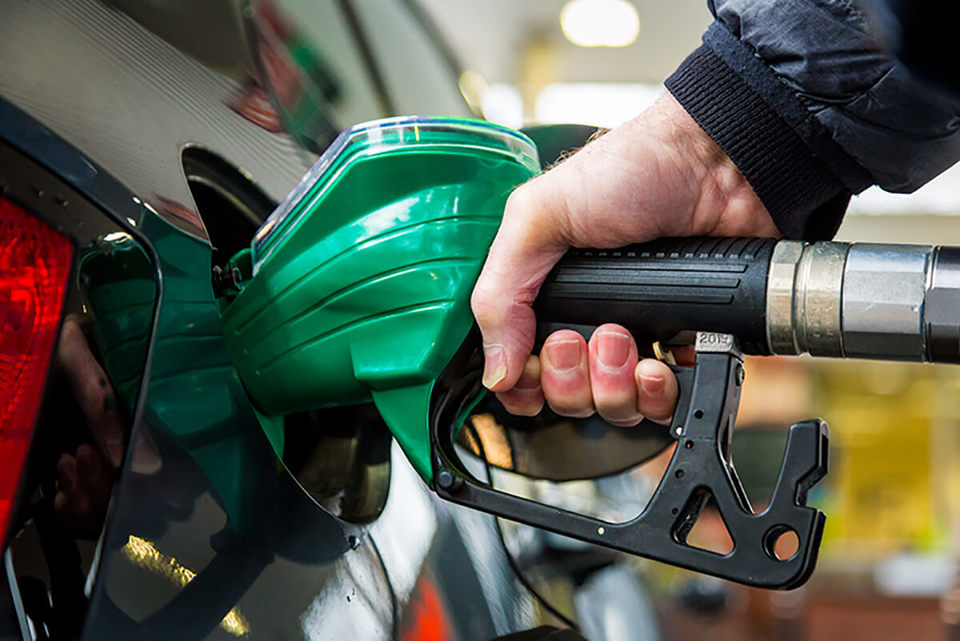The Government is considering reversing a cut in diesel duty in an effort to address air quality concerns.
Transport secretary Patrick McLoughlin told the London Evening Standard that the former Labour chancellor Gordon Brown had made a mistake when he cut diesel duty by 3p in his 2001 budget.
McLoughlin said: “It is something the chancellor will need to look at in due course.”
Asked if Brown had made a mistake, McLoughlin said: “Yes. In fairness they thought they were doing the right thing. The consequences of what they did was to bring about a reduction in carbon.”
The RAC said businesses will be “aghast” to hear the transport secretary hint at higher taxation levels for diesel vehicles.
“The present tax system has for many years favoured diesel over petrol vehicles, not least because diesel cars generally emit lower levels of CO2,” said RAC spokesman Simon Williams.
“Many drivers and businesses have, in good faith, invested in diesel cars for this reason. What is more, diesel drivers contributed almost £17bn in fuel duty last year and already pay some of the highest diesel prices in Europe.
"There is no doubt that action is needed to improve air quality, however by the Government's own admission this needs to be tackled at a local level. This is something clean air zones, proposed for a number of UK cities, can help address. Additionally, incentivising motorists to take up cleaner vehicles additionally is important.
"But there must also be a concerted effort to clean up older, more polluting bus and taxi fleets in towns and cities. The Government can also not ignore the fact that congestion levels can exacerbate pollution levels and must consider measures that keep traffic moving."




















Darren - 09/06/2016 11:44
Should this not read "Government considers diesel duty hike to raise tax revenue"? Let's be honest, this will do little if nothing at all for air quality, just raise tax revenue. Current diesel drivers aren't driving around for fun, they are going to work, carrying out their jobs, doing the shopping etc, most journeys which can't really be avoided. It will just cost more, which will come out of peoples pockets giving them less disposable income, which in turn prevents people buying things, which causes a downturn in the economy.